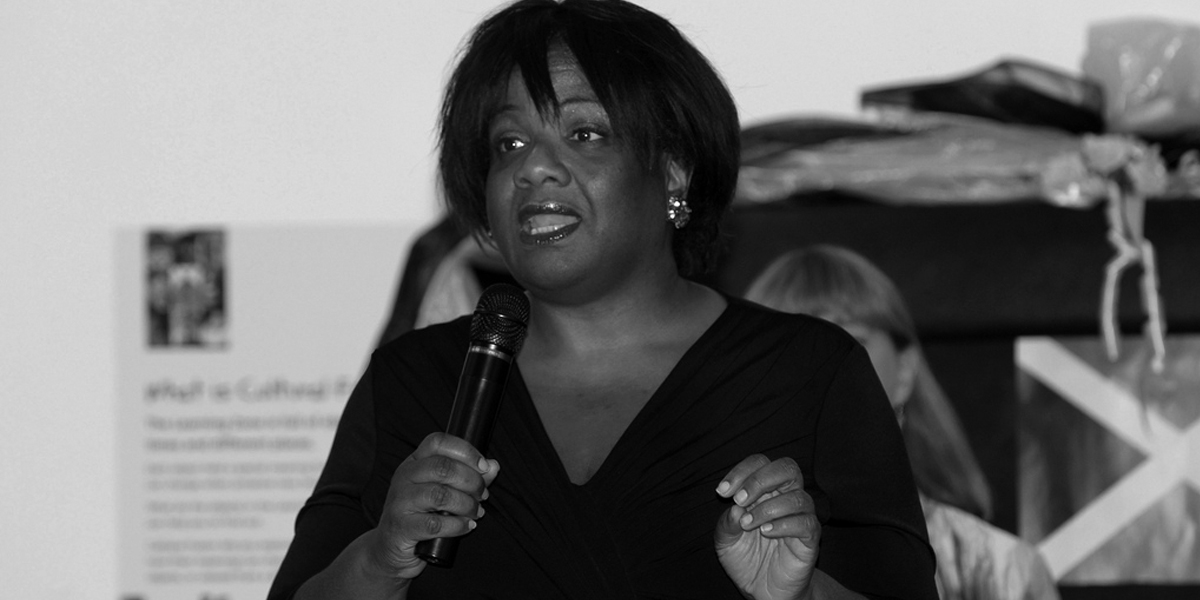Labour used to pioneer Black MPs – what happened?
‘No taxation without representation’ is a well-known slogan. The Black population continues to pay their taxes but remain underrepresented as senior managers in both public and private sector organisations, the political and legal sphere, and higher positions in universities. It is...
‘No taxation without representation’ is a well-known slogan. The Black population continues to pay their taxes but remain underrepresented as senior managers in both public and private sector organisations, the political and legal sphere, and higher positions in universities.
It is arguable that this unacceptable lack of representation within politics has in part contributed to the growing disengagement of young Black people from mainstream politics. The subsequent lack of a voice has seen young people engaging in public disorder as a means of being heard, as with the 2011 riots following the death of Mark Duggan.
The Labour party is without a doubt leading on equality and diversity issues both in terms of policy and representation. Over the past decade, Labour has done much to increase the number of female MPs and currently has the most out of all the political parties. Having more female MPs is not just about ensuring that women’s voices and views are reflected in decision making, but leads to better outcomes for everyone. If, for example, companies are encouraged to adopt flexible working practices as the norm, this not only helps women to juggle childcare responsibilities, but allows all employees to have some room to juggle care responsibilities, study or voluntary activities.
Labour, out of all the political parties, also has the most Black, Asian and Minority Ethnic (BAME) MPs, demonstrating its commitment to reflecting the population that it serves, strengthening parliament’s democratic legitimacy. In 1987, Labour led the way by selecting the first three persons of African- Caribbean descent who were subsequently elected to parliament, Diane Abbott, Bernie Grant and Paul Boateng. Progress has stagnated since that time, however, and over a quarter of a century later the numbers of MPs from African-Caribbean descent within the party has only increased to five. In the European parliament, there is not a single female MEP of African-Caribbean descent in any of the political groups.
The BAME population is over 12.5 per cent in the UK and therefore proportionately needs a greater representation in politics.
There are some challenges that BAME candidates face at the local, national and European level. Financial barriers, especially, mean that Black candidates can be restricted in their selection opportunities. Pursuing seats outside of your local area means that aspiring candidates can face considerable hotel and postage expenses as they try to build a relationship with local party members. The average cost of an MP selection is £2000, with many prospective candidates spending in excess of this.
That’s why a recent submission to the Collins review by the Labour Black network suggests implementing a spending cap on selections. This would not only help BAME Labour party members, but everyone who does not have ready access to a great deal of finance.
The network also recommends a closed primary system for the selection of some MP candidates, particularly where the membership of the local party does not reflect the make-up of the local community. Party members would still have the responsibility of shortlisting candidates and the campaign would be funded by everyone paying £1 to participate. The use of all-women shortlists within the Labour party has meant that talented women have been selected up and down the country to fight key marginal seats. However, there are currently only two Black candidates that have been selected for the 2015 general elections, Dawn Butler on an all BAME shortlist for Brent Central and Clive Lewis for Norwich South. It is time for the party to seriously consider embracing all BAME shortlists to increase this low number and to ensure that it continues to have candidates from a wide range of backgrounds and experiences at the centre of political decision making.
We were attracted to join the Labour party because of its diversity and it has made great strides in its effort to attract a wider range of people to run for political office. The party needs to ensure that it keeps leading the way in terms of representation and take some practical steps to make equality a reality.
Black and minority ethnic groups expect more of Labour. The issue of diversity needs again to become a priority, with change lead by decision making at the top.
For more information and to support a new voice for representation and social justice in the Labour party please go to www.labourblacknetwork.weebly.com, follow them on Twitter @labourblacknetw or search on Facebook for Labour Black Network UK.
